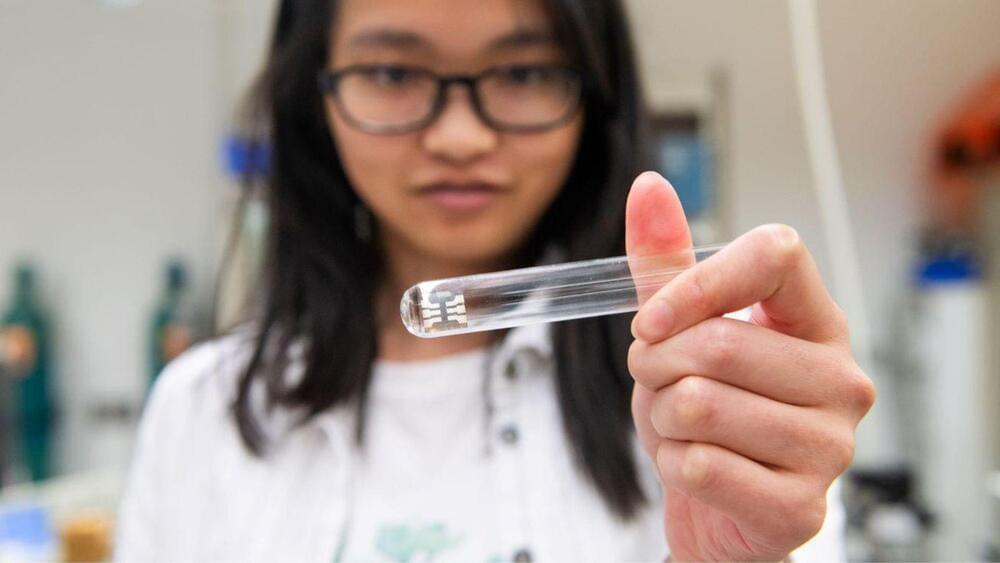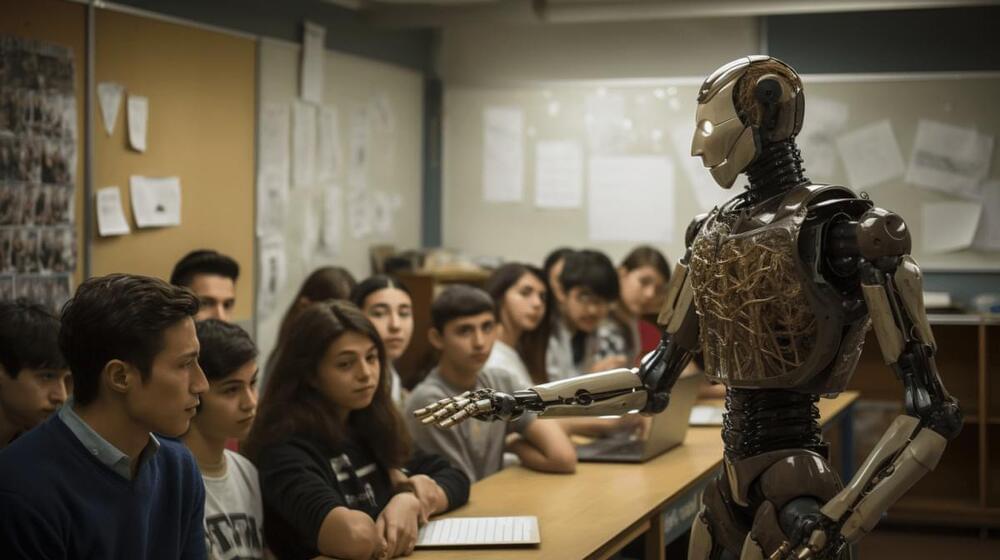The discourse around Artificial Intelligence (AI) often hinges on the paradoxical duality of its nature. While it mirrors human cognition to an extraordinary extent, its capacity to transcend our limitations is awe-inspiring and unsettling. The heart of this growing field lies in the use of algorithms and the people who control these powerful computational tools.
This brings us to TIME’s recent endeavor—the TIME100 Most Influential People in AI. This meticulously curated list casts light on the people pushing AI’s boundaries and shaping its ethical framework. So when TIME magazine drops a list… More.
Source: TIME






